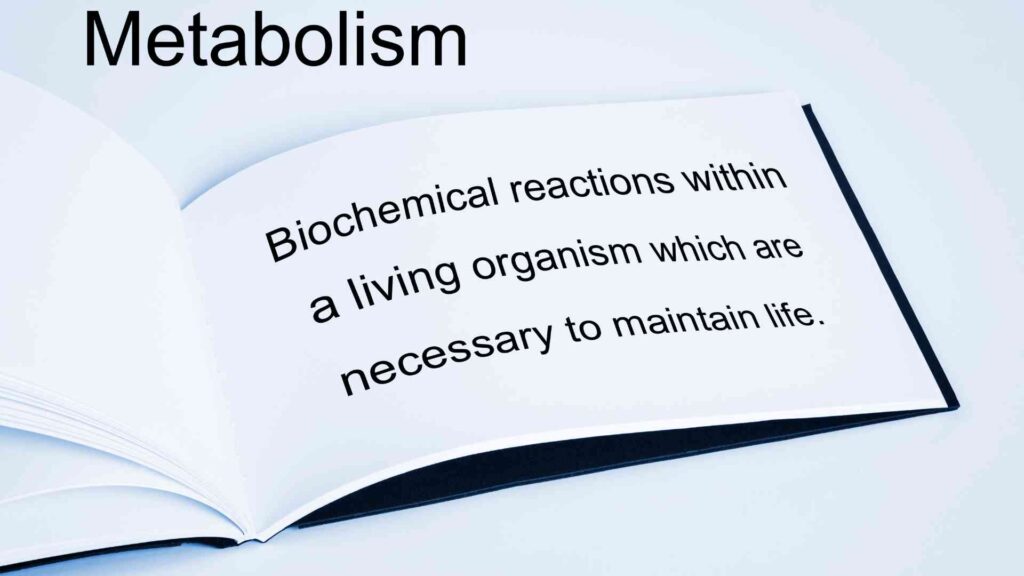Discover comprehensive information for all aspects of sexual health and find resources and guidance to empower your sexual well-being.
The International Society for the Study of Women’s Sexual Health describes Hypoactive sexual desire disorder…
Discover comprehensive information for all aspects of sexual health and find resources and guidance to empower your sexual well-being.
The International Society for the Study of Women’s Sexual Health describes Hypoactive sexual desire disorder…
Achieving and maintaining a strong penile erection is a common concern for many men. It…
Erectile dysfunction (ED) is a common condition that affects millions of men worldwide, causing distress…
The pelvic floor muscles are the unsung heroes of our body’s core, providing support to…
Prostate health is a critical concern for men, especially as they age. The prostate gland…
Erectile dysfunction (ED) is a condition that affects many men worldwide, leading to significant stress,…
Commitment issues can often manifest in romantic relationships, work, and other personal or professional spheres.…
While many people strive to boost metabolism for weight loss, others face the opposite challenge: gaining weight. For individuals with a naturally fast metabolism or those seeking to increase muscle mass, slowing down metabolism can be a crucial step in achieving their weight gain goals. In this comprehensive guide, we’ll explore various strategies and lifestyle changes to effectively slow down metabolism and promote healthy weight gain.
Table of Contents
ToggleMetabolism refers to the complex process by which the body converts food into energy. It encompasses both basal metabolic rate (BMR), the energy required for basic bodily functions at rest, and energy expended through physical activity and digestion.
A higher metabolism means the body burns calories more efficiently, making it challenging to gain weight for some individuals.
Related: What Is Metabolism?

Several factors influence an individual’s metabolism, including :
While some of these factors are beyond our control, lifestyle modifications can help slow down metabolism and promote weight gain.
One of the most fundamental strategies for slowing down metabolism and gaining weight is to consume more calories than your body burns.

This means increasing your daily caloric intake through nutrient-dense foods such as whole grains, lean proteins, healthy fats, and high-calorie snacks and meals.
Incorporate calorie-dense foods like nuts, seeds, avocados, and nut butter into your diet to boost overall calorie consumption.
Carbohydrates and fats are macronutrients that provide a concentrated source of energy, making them essential for slowing down metabolism and promoting weight gain.
Opt for complex carbohydrates such as whole grains, starchy vegetables, and legumes, which provide sustained energy and support muscle growth.

Additionally, include healthy fats from sources like olive oil, coconut oil, fatty fish, nuts, and seeds to increase calorie intake and support metabolic function.
While regular exercise is crucial for overall health, excessive physical activity can contribute to a higher metabolism, making it more challenging to gain weight.
Consider reducing the frequency and intensity of aerobic exercises and focus instead on strength training and resistance exercises to build muscle mass.

Additionally, incorporate more rest days into your workout routine to allow for adequate recovery and promote weight gain.
To slow down metabolism and support weight gain, aim to eat frequent meals and snacks throughout the day.
Instead of sticking to three large meals, consider dividing your daily caloric intake into smaller, more frequent meals and snacks.

Focus on larger portion sizes and include protein-rich foods in each meal to promote muscle growth and prevent excessive calorie burning.
Quality sleep is essential for regulating metabolism and hormone levels, both of which play a significant role in weight management.
Aim for 7-9 hours of uninterrupted sleep each night to support optimal metabolic function and promote weight gain.

Additionally, incorporate relaxation techniques such as meditation, deep breathing exercises, or gentle yoga to reduce stress levels and promote overall well-being.
Tracking your dietary intake, weight, and body measurements can help you monitor your progress and make necessary adjustments to your diet and lifestyle.
Keep a food journal to record your meals and snacks, noting the calorie content and macronutrient composition of each food item.

Additionally, consider consulting with a registered dietitian or healthcare professional to develop a personalized nutrition plan tailored to your specific weight gain goals and metabolic needs.
Related: How To Boost Metabolism?
To slow down metabolism to gain weight one needs a strategic approach. It should focus on increasing calorie intake, prioritizing nutrient-dense foods, limiting physical activity, and promoting rest and relaxation. By implementing these dietary and lifestyle strategies consistently, individuals can effectively slow down metabolism, promote healthy weight gain, and improve overall well-being.
Remember to listen to your body’s cues, monitor progress, and seek guidance from healthcare professionals as needed to achieve optimal results.
References
Dr. Nishtha, a medical doctor holding both an MBBS and an MD in Biochemistry, possesses a profound passion for nutrition and wellness. Her personal journey, marked by significant struggles with physical and mental health, has endowed her with a unique empathy and insight into the challenges countless individuals face. Driven by her own experiences, she leverages her background to offer practical, evidence-backed guidance, empowering others on their paths to achieving holistic well-being. Dr. Nishtha truly believes in the interconnectedness of the mind and body. She emphasizes the significance of understanding this connection as a crucial stride toward attaining balance and happiness in life.

